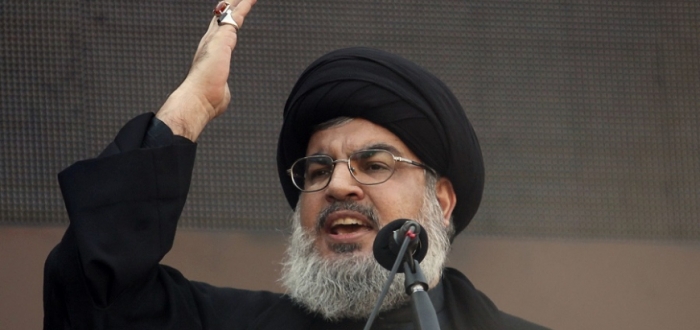Abou Sajed, a 42-year-old Hezbollah member from Lebanon, sells furniture stolen by regime forces in fighting zones south of Damascus to loyalists and regime forces in the pro-Assad Nisreen street district. But this is just a front for another business that Abou Sajed heads; a drug trafficking ring.
Abou Sajed settled in Damascus after being injured in 2013 on a military assignment in Deir Salman in Ghouta, where he changed his name to "Abou Sajed al-Keef" or "high," in a nod to the hashish racket he has headed since leaving the fight.
Al-Souria Net was able to infiltrate one of Hezbollah’s drug dealing networks in Damascus, of which Abou Sajed is its ringleader. Boasting about the quality of his drugs, Abou Sajed explains that they are brought to him from his hometown of Salaa in southern Lebanon by fellow Hezbollah members.
The first stage of the process is harvesting the cannabis crop that only a small number of families close to Hezbollah have permission to grow, including the Jaas, Berri and Zaeiter clans.
After harvesting, farmers leave it out to dry, then sift it and mold the resin into small cubes of 500 grams. Families then stamp their product with their own private seal.
The product is delivered to Syria by Hezbollah militias, either through Qalamoun or through the Masnaa crossing, where they do not pass inspection from security. Militias are paid $1,000 for every kilo of hashish they deliver to Syria.
Abou Sajed relies on children aged between 12 and 16 years old to deliver drugs to a group of local dealers in different areas, like Jaramana, al-Kazaz and al-Dwelaa in the Damascus countryside. As children are not within the age of military service, security forces do not think to search them.
He provides cocaine to the militia commanders, and gives regular members and soldiers pills of the amphetamine Captagon. The pills are relatively cheap to produce and are sold for 1,000 Syrian pounds each ($4.5). Hashish on the other hand is distributed among university students at 10,000 Syrian pounds for around 25 grams.
According to our sources, Hezbollah’s trade extends beyond these groups, even to areas that are controlled by the Islamic State group. According to Abou Sajed himself, many deliveries are sent to areas under ISIS control in the south of Damascus.
Hashish and poppy crops are believed to be the third source of Hezbollah’s funding, after support it receives from Tehran and its other supporters around the world, especially from those who work in Africa and in South America.
Although Hezbollah and its militias have denied all connections with the drug trade, many reports published in the past few years have confirmed its involvement in the production and trafficking of drugs.
This article was translated and edited by The Syrian Observer. Responsibility for the information and views set out in this article lies entirely with the author.


